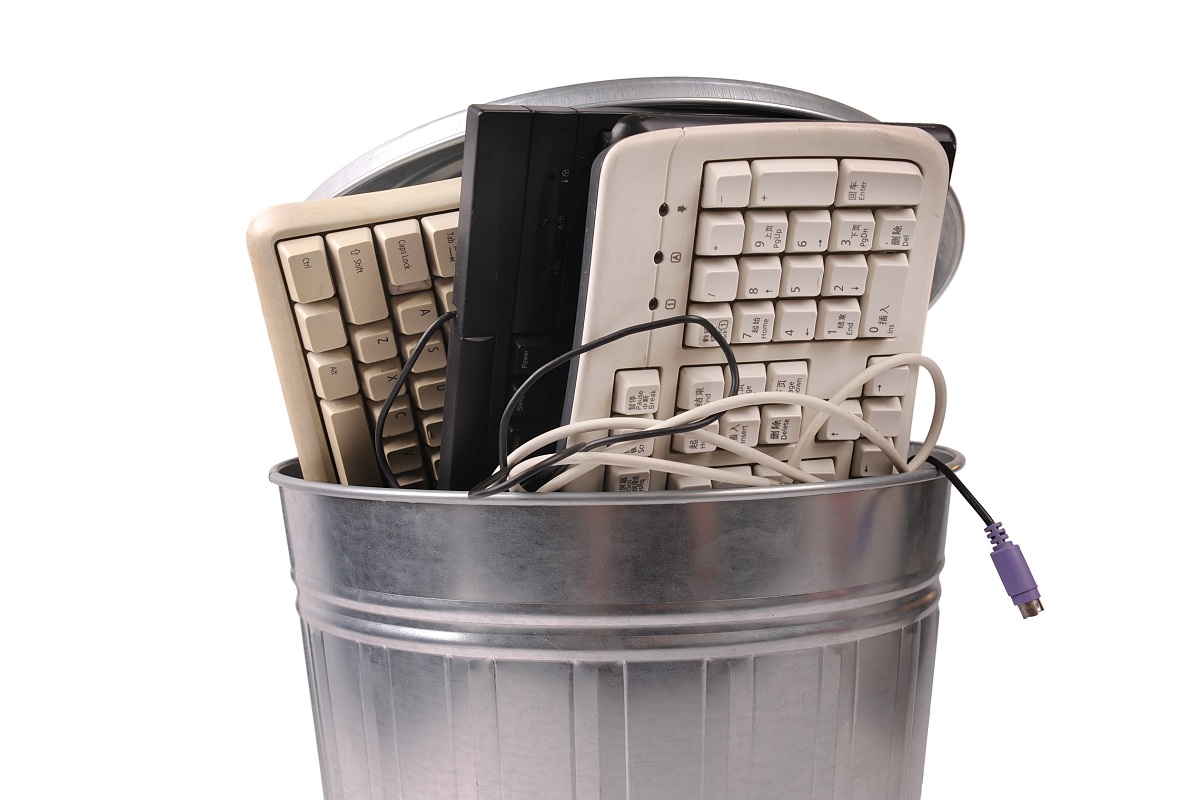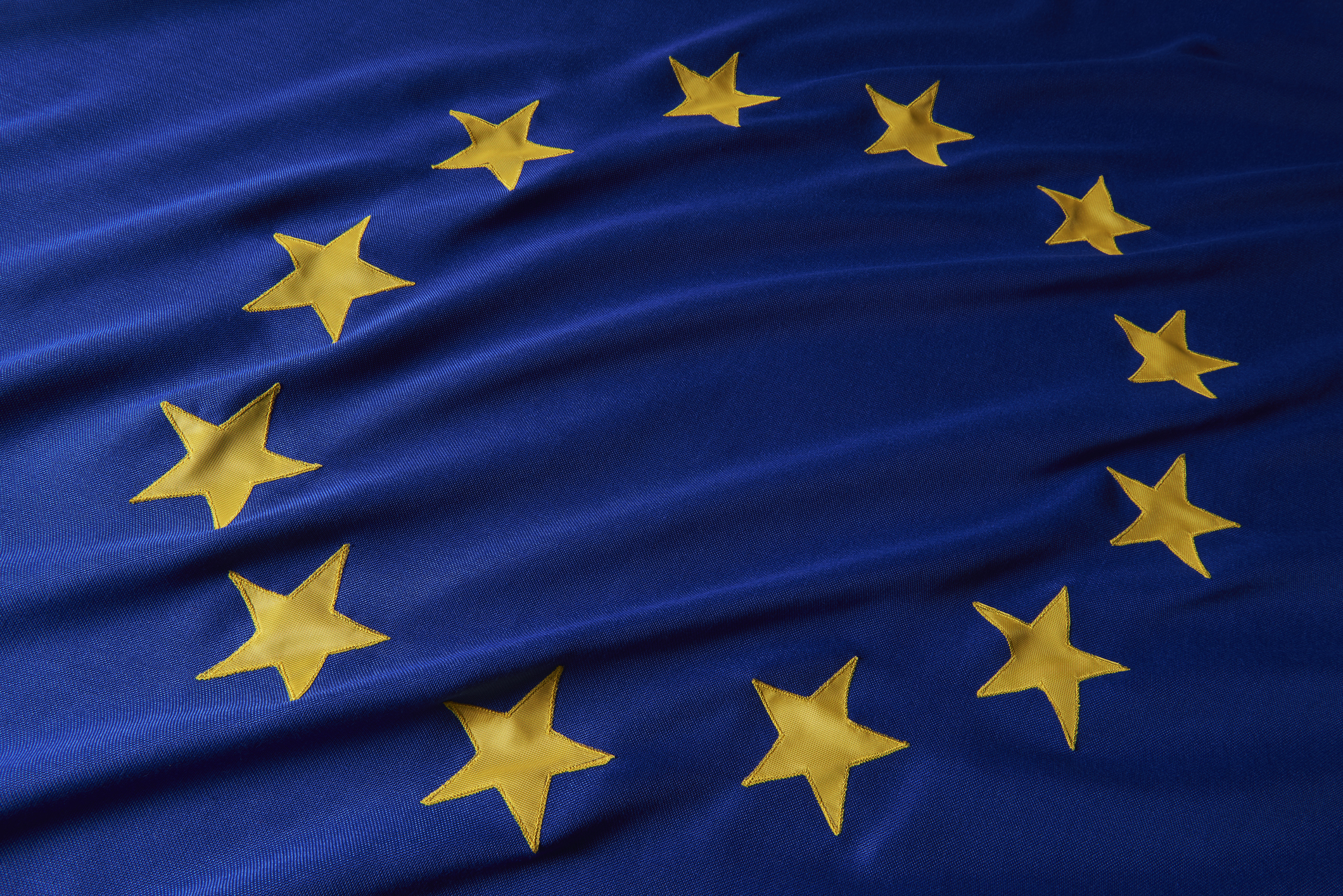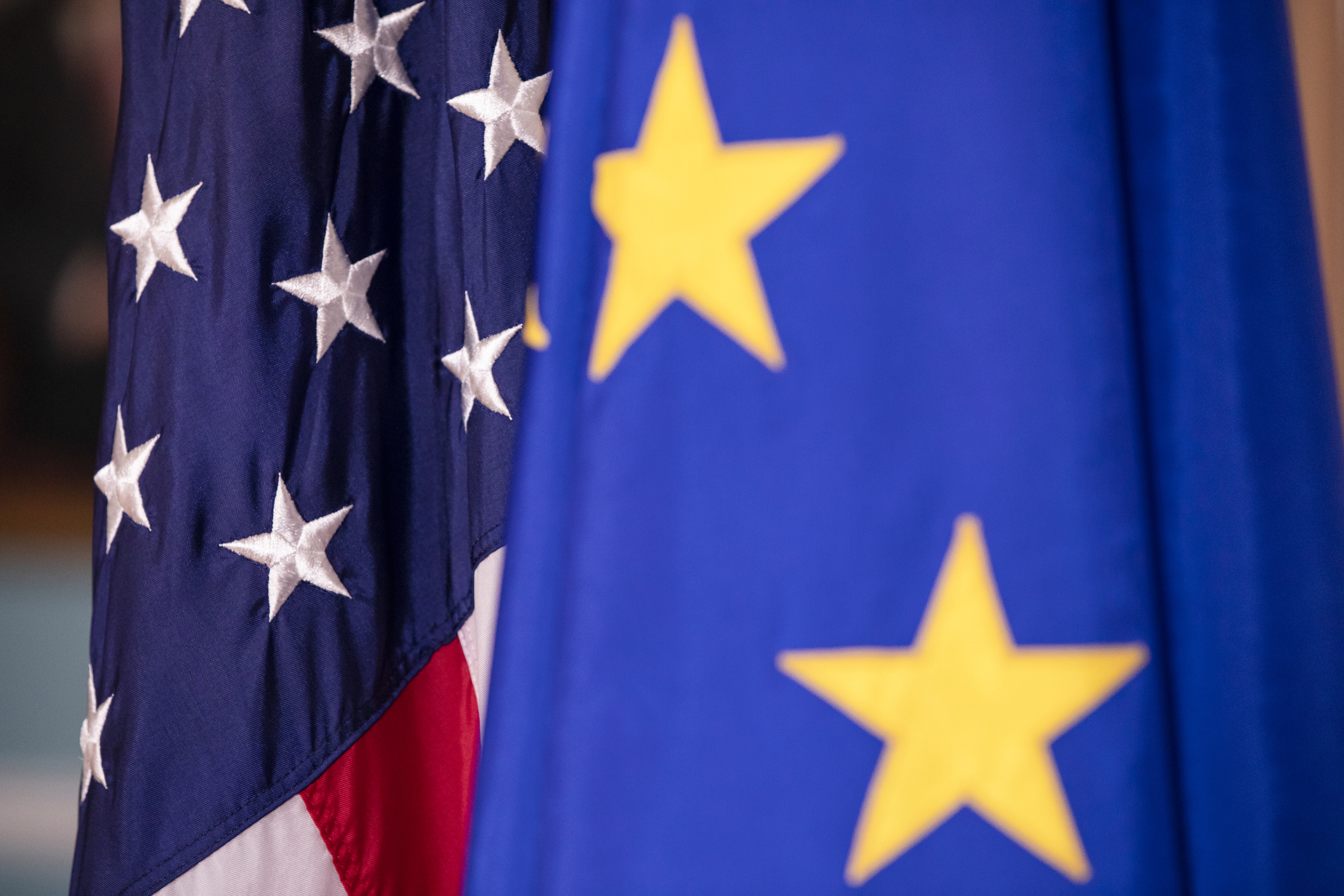Updated WEEE rules come into force setting higher recovery targets
Retailers forced to take back old electronics equipment.


A new EU directive came into force that sets a target of recycling at least 85 per cent of electronic equipment waste by 2020.
The new legislation means that countries are forced to accept electrical equipment free of charge. It also means that large electronics retailers also need to accept old equipment for recycling.
The Waste Electrical and Electronic Equipment (WEEE) regulations are in place to prevent harmful materials from polluting the environment. The directive also forces manufacturers to recover rare metals used in computers, laptops, smartphones and other electrical devices.
The original directive, brought in ten years ago, set out a minimum of 4kg of electrical waste to be recovered for every person in the EU. However, this is around only a fifth of the waste generated in the EU every year.
The new, tougher laws mean that by 2016, 45 per cent of electrical equipment sold has to be recycled. By 2020, the collection target rises to 85 per cent or 20kg per person within the EU. The law has also been expanded to include all types of e-waste, rather than just certain categories.
"In these times of economic turmoil and rising prices for raw materials, resource efficiency is where environmental benefits and innovative growth opportunities come together," said EU environment commissioner Janez Potocnik. "We now need to open new collection channels for electronic waste and improve the effectiveness of existing ones."
Potocnik said he would like to see all countries within the EU meet new targets before the formal deadlines. As present, EU member countries will have to amend existing WEEE legislation to align with the new rules by 14 February 2014.
Get the ITPro daily newsletter
Sign up today and you will receive a free copy of our Future Focus 2025 report - the leading guidance on AI, cybersecurity and other IT challenges as per 700+ senior executives
By 2014, large retailers with a shop floor space greater than 400 square metres will have to accept small items, such as mobile phones for free without customers being forced to buy new products.
The new directive also clamps down on illegal waste being exported outside the EU. Equipment no longer warranty cannot be exported to non-OECD countries if it hasn't been certified to be working and properly documented. This is to prevent waste equipment being dumped on developing countries
Rene Millman is a freelance writer and broadcaster who covers cybersecurity, AI, IoT, and the cloud. He also works as a contributing analyst at GigaOm and has previously worked as an analyst for Gartner covering the infrastructure market. He has made numerous television appearances to give his views and expertise on technology trends and companies that affect and shape our lives. You can follow Rene Millman on Twitter.
-
 Should AI PCs be part of your next hardware refresh?
Should AI PCs be part of your next hardware refresh?AI PCs are fast becoming a business staple and a surefire way to future-proof your business
By Bobby Hellard Published
-
 Westcon-Comstor and Vectra AI launch brace of new channel initiatives
Westcon-Comstor and Vectra AI launch brace of new channel initiativesNews Westcon-Comstor and Vectra AI have announced the launch of two new channel growth initiatives focused on the managed security service provider (MSSP) space and AWS Marketplace.
By Daniel Todd Published
-
 ‘Europe could do it, but it's chosen not to do it’: Eric Schmidt thinks EU regulation will stifle AI innovation – but Britain has a huge opportunity
‘Europe could do it, but it's chosen not to do it’: Eric Schmidt thinks EU regulation will stifle AI innovation – but Britain has a huge opportunityNews Former Google CEO Eric Schmidt believes EU AI regulation is hampering innovation in the region and placing enterprises at a disadvantage.
By Ross Kelly Published
-
 The EU just shelved its AI liability directive
The EU just shelved its AI liability directiveNews The European Commission has scrapped plans to introduce the AI Liability Directive aimed at protecting consumers from harmful AI systems.
By Ross Kelly Published
-
 A big enforcement deadline for the EU AI Act just passed – here's what you need to know
A big enforcement deadline for the EU AI Act just passed – here's what you need to knowNews The first set of compliance deadlines for the EU AI Act passed on the 2nd of February, and enterprises are urged to ramp up preparations for future deadlines.
By George Fitzmaurice Last updated
-
 EU agrees amendments to Cyber Solidarity Act in bid to create ‘cyber shield’ for member states
EU agrees amendments to Cyber Solidarity Act in bid to create ‘cyber shield’ for member statesNews The EU’s Cyber Solidarity Act will provide new mechanisms for authorities to bolster union-wide security practices
By Emma Woollacott Published
-
 The EU's 'long-arm' regulatory approach could create frosty US environment for European tech firms
The EU's 'long-arm' regulatory approach could create frosty US environment for European tech firmsAnalysis US tech firms are throwing their toys out of the pram over the EU’s Digital Markets Act, but will this come back to bite European companies?
By Solomon Klappholz Published
-
 EU AI Act risks collapse if consensus not reached, experts warn
EU AI Act risks collapse if consensus not reached, experts warnAnalysis Industry stakeholders have warned the EU AI Act could stifle innovation ahead of a crunch decision
By Ross Kelly Published
-
 Three quarters of UK firms unprepared for NIS2 regulations, study finds
Three quarters of UK firms unprepared for NIS2 regulations, study findsNews Senior management can be held personally liable for non-compliance under NIS2 rules
By Ross Kelly Published
-
 US-UK data bridge: Everything you need to know
US-UK data bridge: Everything you need to knowNews The US-UK data bridge will ease the complexity of transatlantic data transfers
By Ross Kelly Published